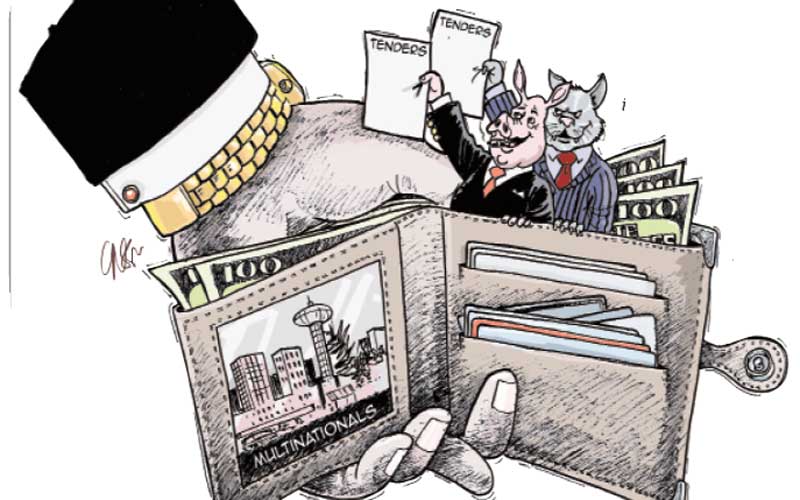×
The Standard e-Paper
Kenya’s Boldest Voice

Kenyans often lament that 'Kenya’s problem is not that we don’t have good policies and plans; our problem is we don’t implement them'. But that makes the solution to the corruption problem seem trivial.